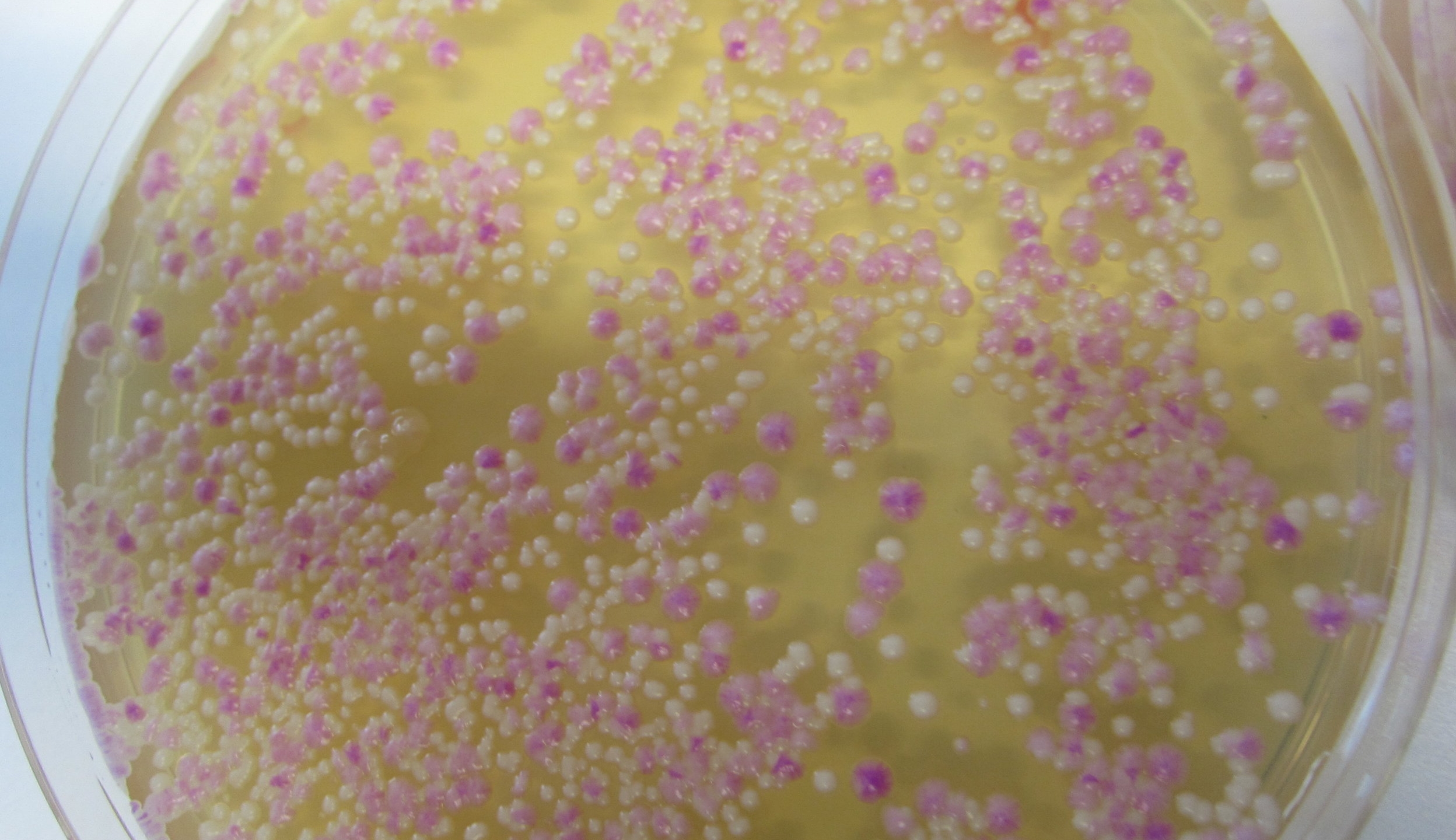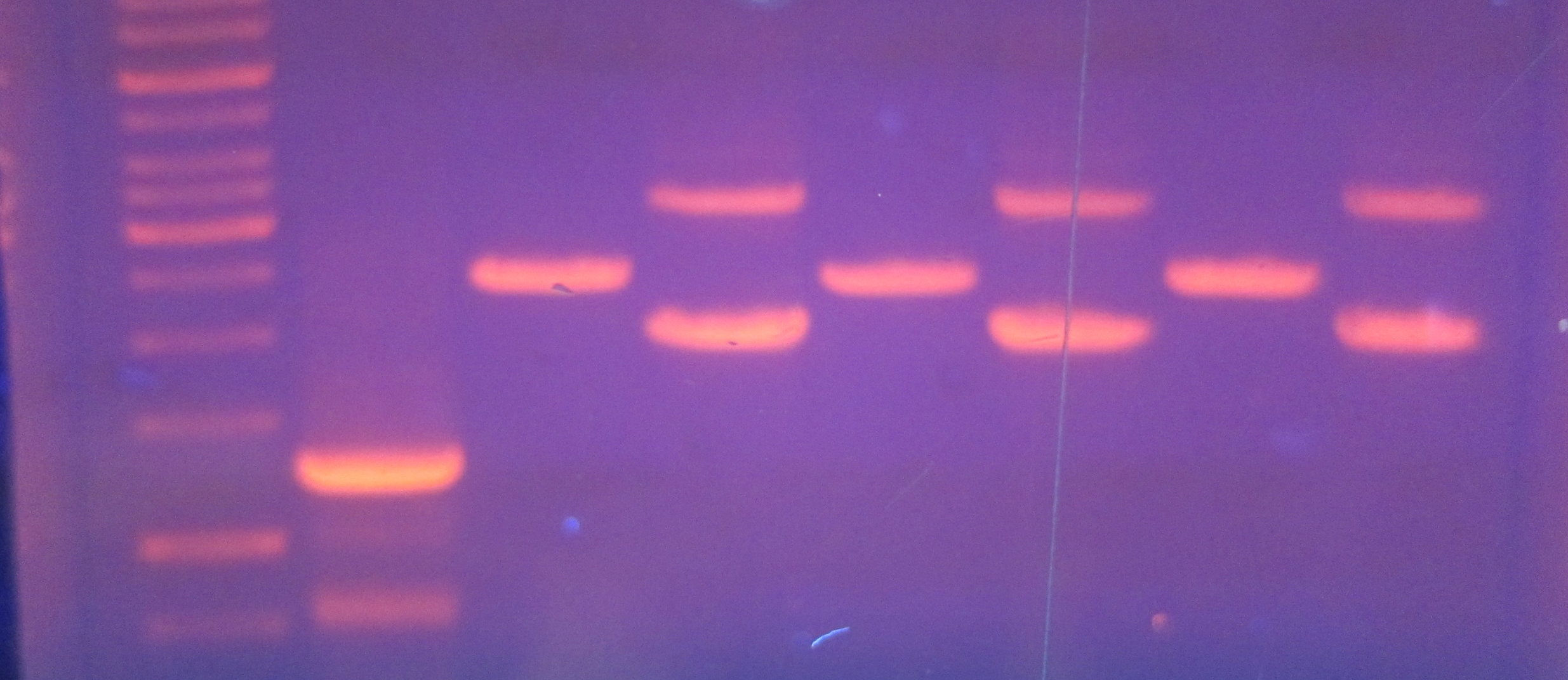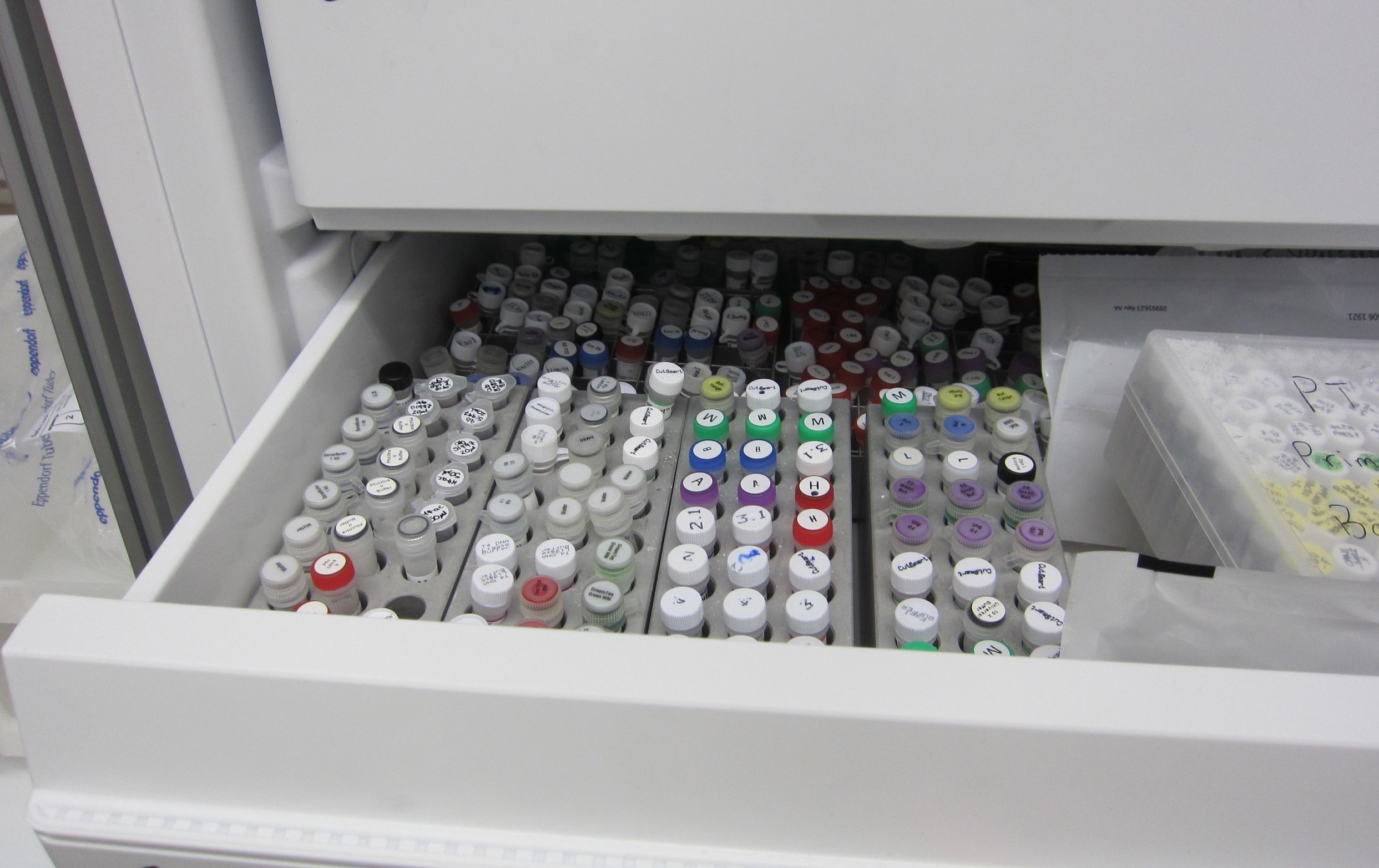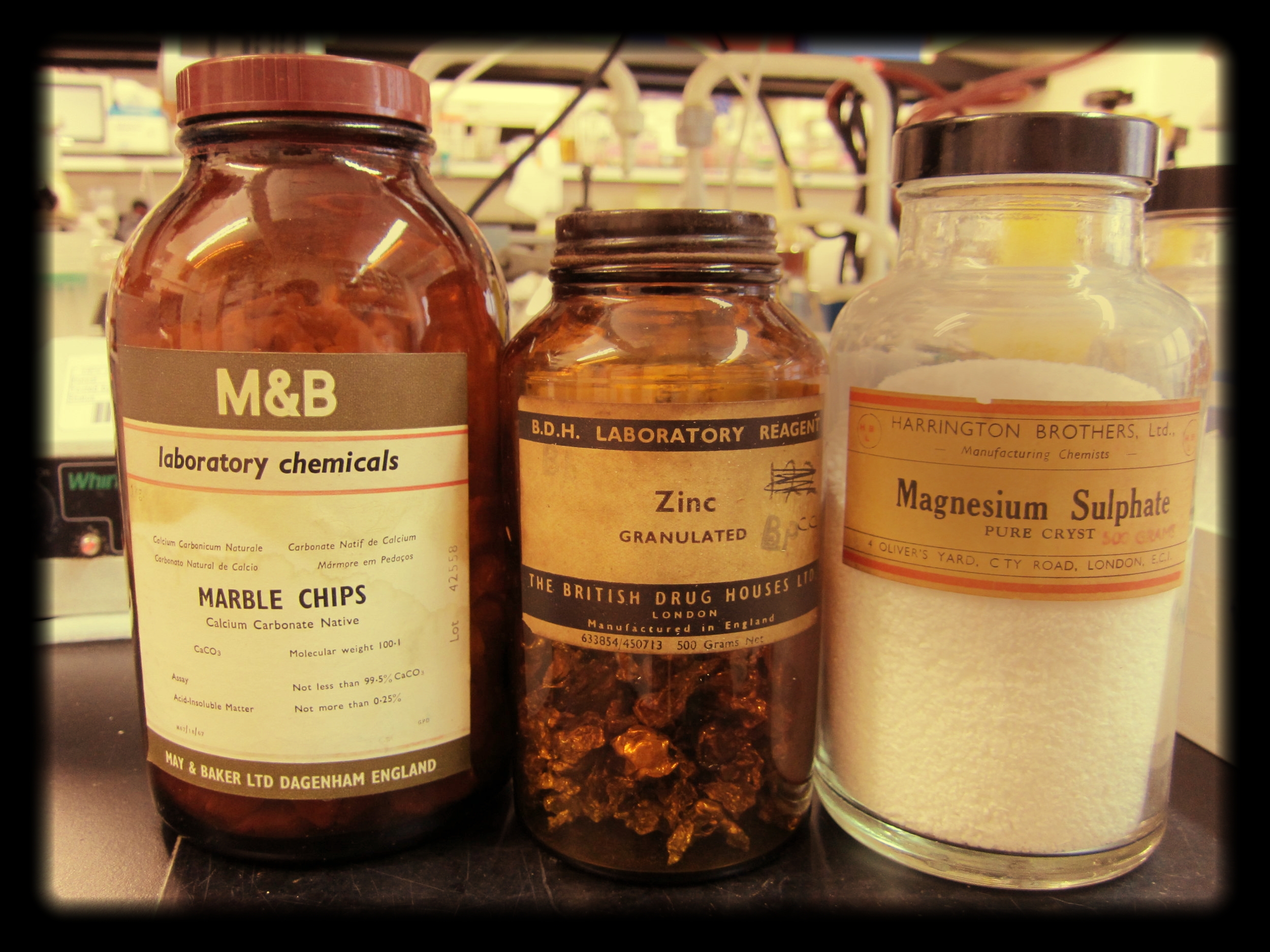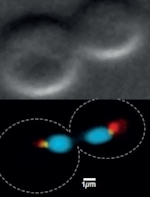2025 Mishra, P.K., Au W-C., Choy, J.S., Castineira, P.G., Khawar, A., Tessier, C., Das, S., Thorkell, A., Thorpe, P.H., Yeh, E., Bloom, K.S. and Basrai, M.A. Cell cycle dependent methylation of Dam1 contributes to kinetochore integrity and faithful chromosome segregation. PLoS Genetics 21. e1011760.
2024 Klemm, C., Ólafsson, G., Wood, R.H., Mellor, C., Zabet, N.R. and Thorpe, P.H. Proteome-wide forced interactions reveal a functional map of cell-cycle phospho-regulation in S. cerevisiae. Nucleus 15, 2420129.
2024 Peripolli, S., Meneguello, L., Perrod, C., Singh, T., Patel, H., Rahman, S.T., Kiso, K., Thorpe, P., Calvanese, V., Bertoli, C., de Bruin, R.A.M. Oncogenic c-Myc induces replication stress by increasing cohesins chromatin occupancy in a CTCF-dependent manner. Nat. Commun. 15, 1579.
2023 Mishra, P.K., Au W-C., Castineira, P.G., Ali, N., Stanton, J., Boeckmann, L., Takahashi, Y., Costanzo, M., Boone, C., Bloom, K.S., Thorpe, P.H. and Basrai, M.A. Misregulation of cell cycle dependent methylation of budding yeast CENP-A contributes to chromosomal instability. Mol. Biol. Cell. 34. ar99 1-15. (Highlighted article)
2022 Nitika, Zheng, B., Ruan, L., Kline, J.T., Omkar, S., Sikora, J., Texeira Torres, M., Wang, Y., Takakuwa, J.E., Huguet, R., Klemm, C., Segarra, V.A., Winters, M.J., Pryciak, P.M., Thorpe, P.H., Tatebayashi, K., Li, R., Fornelli, L. and Truman, A.W. Comprehensive characterization of the Hsp70 interactome reveals novel client proteins and interactions mediated by posttranslational modifications. PLoS Biology 20, e3001839.
2022 Klemm, C., Howell, R.S.M. and Thorpe, P.H. ScreenGarden: a shinyR application for fast and easy analysis of plate-based high-throughput screens. BMC Bioinformatics 23. 60.
2021 Klemm, C., Wood, H., Heredge Thomas, G., Ólafsson, G., Torres, M.T. and Thorpe, P.H. Forced association of SARS-CoV-2 proteins with the yeast proteome perturb vesicle trafficking. Microbial Cell 8, 280-296. Highlighted in this commentary.
2021 Mishra, P.K., Wood, H., Stanton, J., Au, W-C., Eisenstatt, J.R., Boeckmann, L., Sclafani, R.A., Weinreich, M., Bloom, K.S., Thorpe, P.H. and Basrai, M.A. Cdc7-mediated phosphorylation of Cse4 regulates high-fidelity chromosome segregation in yeast. Mol. Biol. Cell. 32, ar15 1-13 . (Highlighted article)
2021 Klemm, C., Thorpe, P.H. and Ólafsson, G. Cell-cycle phospho-regulation of the kinetochore. Current Genetics 67, 177-193.
2020 Howell, R.S.M., Klemm, C., Thorpe, P.H. and Csikász-Nagy, A. Unifying the mechanism of mitotic exit control in a spatio-termporal logical model. PLoS Biology 18, e3000917.
2020 Herrero, E., Stinus, S., Bellows, E., Berry, L.K., Wood, H. and Thorpe P.H. Asymmetric transcription factor partitioning during yeast cell division requires the FACT chromatin remodeler and cell cycle progression. Genetics 216, 701-716. (Highlighted article and cover image)
2020 Ólafsson, G. and Thorpe P.H. Polo kinase recruitment via the constitutive centromere-associated network at the kinetochore elevates centromeric RNA. PLoS Genetics 16, e1008990.
2020 Berry, L.K., Heredge Thomas, G. and Thorpe, P.H. CATS: Cas9-assisted tag switching. A high-throughput method for exchanging genomic peptide tags in yeast. BMC Genomics 21, 221.
2019 Howell, R.S.M., Csikász-Nagy, A. and Thorpe, P.H. Synthetic Physical Interactions with the yeast centrosome. Genes Genomes Genetics 9, 2183-2194. (Featured Article included in 2019 Spotlight, A showcase of research and scholarship in selected articles).
2019 Mishra, P.K., Ólafsson, G., Boeckmann, L., Westlake, T.J., Jowhar, Z.M., Dittman, L.E., Baker, R.E., D'Amours, D., Thorpe, P.H., and Basrai, M.A. Cell cycle dependent association of polo kinase Cdc5 with CENP-A contributes to faithful chromosome segregation in budding yeast. Mol. Biol. Cell 30, 1020-1036.
2019 Guo, W., Kumar, S., Gorlitz, F., Garcia, E., Alexandrov, Y., Munro, I., Kelly, D., Warren, S., Thorpe, P., Dunsby, C. and French, P. Automated Fluorescence Lifetime Imaging High-Content Analysis of Förster Resonance Energy Transfer between Endogenously Labeled Kinetochore Proteins in Live Budding Yeast Cells. SLAS Technology 24, 308-320.
2018 Ólafsson, G. and Thorpe P.H. Rewiring the budding yeast proteome using synthetic physical interactions. Methods Mol. Biol. 1672, 599-612.
2016 Ledesma-Fernández, E., Thorpe P.H., de Bruin, R.A.M. Bringing Functional Genomics into Focus. Cell Systems 3, 214-216.
2016 Ólafsson, G. and Thorpe P.H. Synthetic Physical Interactions Map Kinetochore-Checkpoint Activation Regions. Genes Genomes Genetics 6, 2531-2542.
2016 Berry, L., Ólafsson, G., Ledesma-Fernández, E. and Thorpe P.H. Synthetic protein interactions reveal a functional map of the cell. eLife 5, e13053.
2016 Herrero E. and Thorpe P.H. Synergistic control of kinetochore protein levels by Psh1 and Ubr2. PLoS Genetics 12, e1005855.
2015 Ólafsson, G. and Thorpe P.H. Synthetic physical interactions map kinetochore regulators and regions sensitive to constitutive Cdc14 localization. Proceedings of the National Academy of Sciences USA 112, 10413-10418. (Direct Submission)

